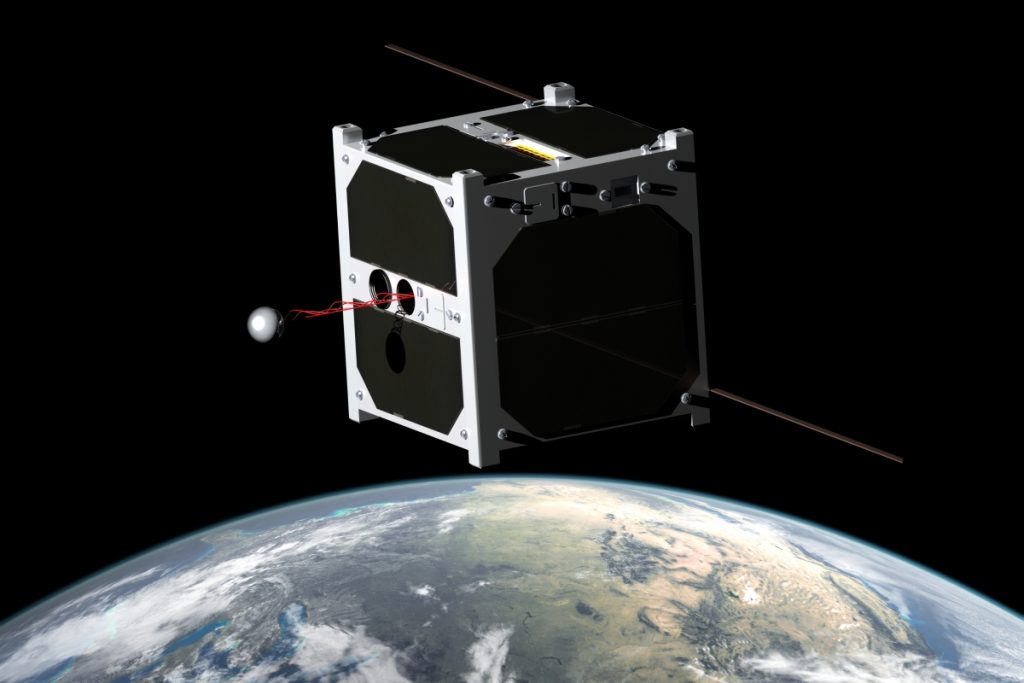Summer school/workshop “Microsatellites in planetary and atmospheric research”
Tartu, Estonia, 6 – 11 August 2018
The use of micro- and nanosatellites in space missions have been one of the hot topics in space research and space technology during the last years. As opposed to traditional spacecraft missions which can take decades to prepare and may cost up to billions of Euros, microsatellites (<100 kg) and nanosatellites (<10 kg) offer a quick, low-cost alternative for atmospheric and space research, which is ideal for early career people. However, in order to plan missions involving such small satellites successfully, intensive interaction and cooperation between scientists and space technologists are necessary, which is still lacking in some potential key applications. The early career scientist workshop/summer school “Microsatellites in planetary and atmospheric research” will take place from 6 to 11 August 2018 at the University of Tartu. It aims to:
- Give participant an overview into the most pivotal research questions in planetary and atmospheric sciences
- Highlight the possible potential of microsatellites in those areas
- Explore novel applications of microsatellites in a multitude of different fields including astronomy, planetary and atmospheric sciences, geosciences and astrobiology
- Foster the interaction between space researchers and technologists
- Allow participants to start the design and planning of new space missions
- Contribute to the training of a new generation of space researchers
Participants will also have the possibility to display their own research results in a poster session. Furthermore, a half-day excursion to interesting sites in the area (Ice Age Museum, Lake Peipus) and a walk in Tartu are included as a social programme. Accommodations and meal costs are very low.
The event is aimed for students and early career scientists and open to applicants from all nationalities. Detailed information about the summer school and the application procedure (deadline 31 May 2018) can be found at the website:

